Paramount Global is pulling the plug on several dedicated MTV music channels across the UK and parts of Europe by the end of 2025, marking the end of an influential era for music television as we know it.
TL;DR- Five MTV music channels – MTV Music, MTV 80s, MTV 90s, Club MTV, and MTV Live – are confirmed to be closing in the UK and Ireland by December 31, 2025.
- Similar shutdowns are expected in other European countries (like Poland, France, Germany, Austria) as well as Australia and Brazil, as Paramount Global shifts focus to streaming and reality content.
- The flagship MTV HD channel will remain, primarily broadcasting reality shows and youth-oriented dramas, while the MTV brand will continue its digital presence and host global events like the VMAs.
Saying Goodbye to the Soundtrack of a Generation
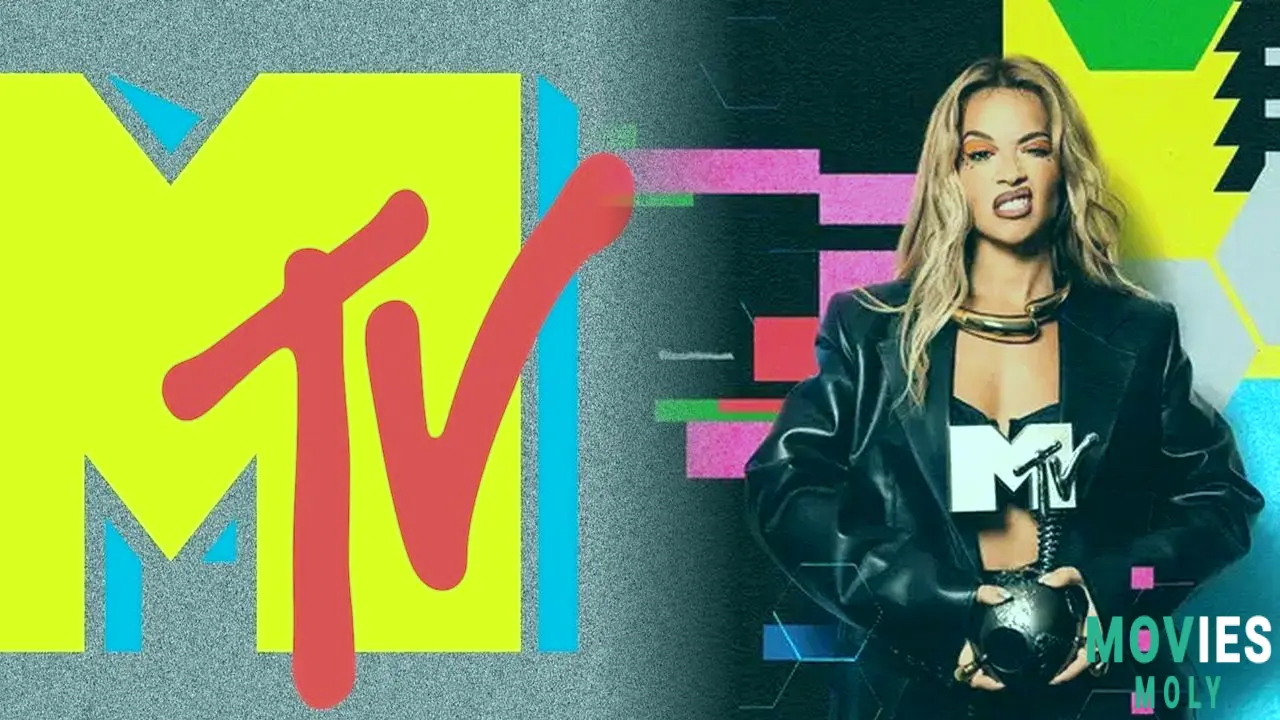
There was a time when three letters defined cool, culture, and controversy: M-T-V. If you grew up anywhere from the neon-soaked '80s to the early 2000s, Mtv wasn't just a TV channel; it was a cultural compass. It introduced us to Madonna's bold artistry, Nirvana's raw energy, and Beyoncé's undeniable star power long before social media or YouTube existed. It shaped fashion, slang, and the very idea of youth culture globally.
Now, after more than four decades of wiring and rewiring global pop culture, it feels like we’re saying a final farewell to an old friend. Paramount Global, MTV's parent company, has confirmed a strategic decision that will see several of its dedicated music channels go dark in various regions, starting with the UK and Ireland.
The Channels That Are Fading to Black by 2025
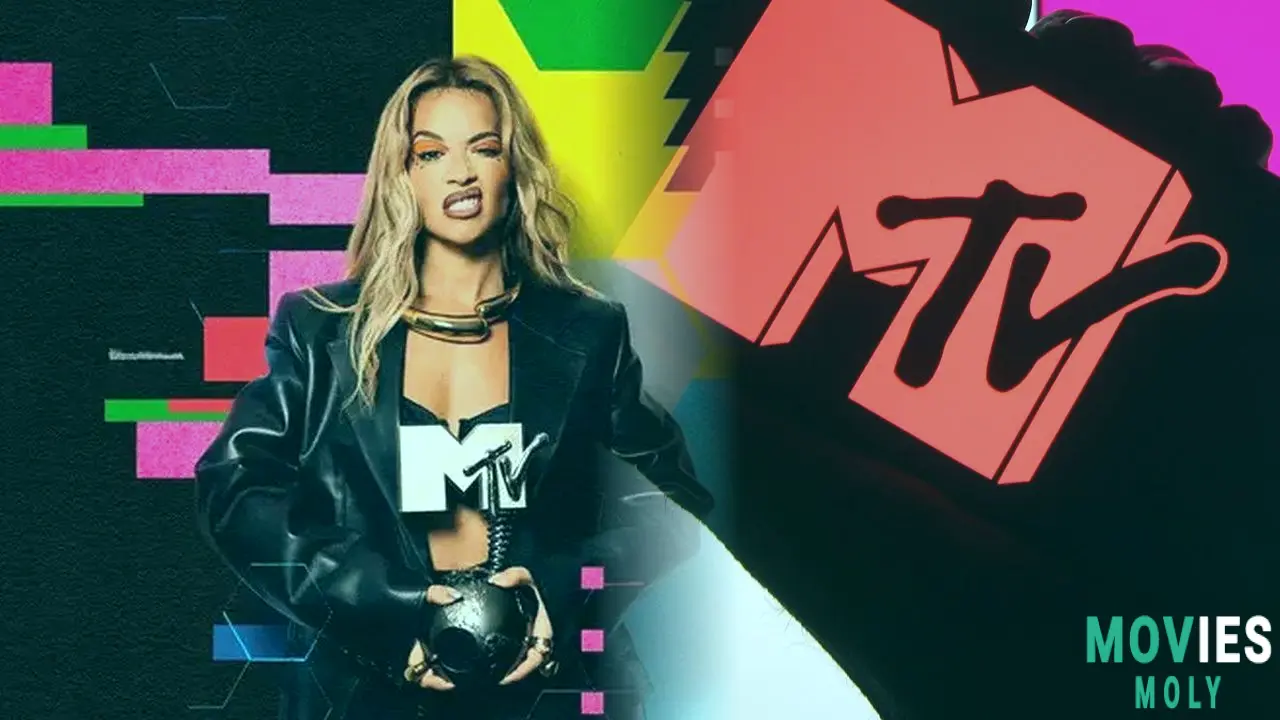
The news is official: Paramount Global plans to cease broadcasting five key MTV-branded music channels in the United Kingdom and Ireland by December 31, 2025. This isn't just a minor reshuffle; it’s a significant curtailment of the brand’s traditional music offerings. The channels affected are:
- MTV Music
- MTV 80s
- MTV 90s
- Club MTV
- MTV Live
While the initial announcement focuses on the UK and Ireland, industry trackers and media reports suggest that similar wind-downs are on the horizon for other European countries, including Poland, France, Germany, Austria, and Hungary. Australia and Brazil are also expected to see these music channels shut down. This isn't just a regional tweak; it's part of a broader global strategy.
Why MTV Is Hanging Up Its Music Video Hat
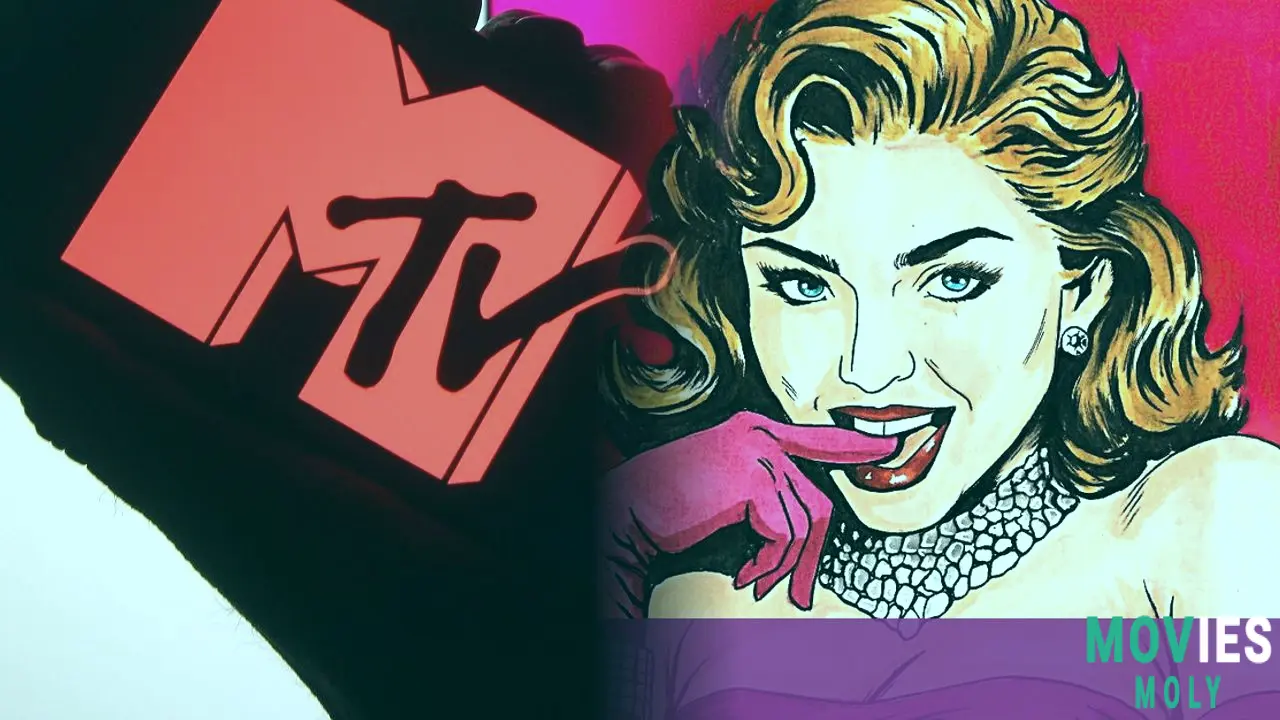
The truth behind these closures is a reflection of how much media consumption has changed. Simply put, the internet became the new MTV. With on-demand access to music videos on platforms like YouTube, Spotify, and later TikTok, fans stopped needing to wait for scheduled programming. Music discovery evolved into an experience driven by algorithms, personalized playlists, and mobile accessibility, directly challenging MTV’s position as the primary gatekeeper of music video culture.
This decision is also deeply rooted in Paramount Global's wider corporate strategy. The company is actively steering the MTV brand away from its historical music-centric model and towards formats based on streaming and reality television. This realignment is a direct response to market dominance by digital platforms and comes after Paramount Global's merger with Skydance Media earlier this year, which initiated a massive $500 million global cost-cutting initiative. An unnamed source quoted by The Sun highlighted this, stating, "An official announcement is likely coming but the last air date is New Year’s Eve. The channel is a victim of the rise of streaming."
Remembering When 'Video Killed the Radio Star' Started It All

MTV’s journey began famously on August 1, 1981, in the US, with the iconic declaration: "Ladies and gentlemen, rock and roll." The very first video to air, "Video Killed the Radio Star" by The Buggles, turned out to be more prophetic than anyone could have imagined. This moment established MTV as a revolutionary visual medium for music, quickly becoming the primary cultural hub for genres like pop, punk, and the then-nascent hip-hop, defining the visual identity of music for an entire generation.
The network's influence was cemented through a slate of iconic programs that turned music into a shared spectacle and elevated artists to cultural icon status:
- Yo! MTV Raps: A dedicated platform that gave hip-hop culture a global stage.
- MTV Unplugged: Offered artists a chance to present their work in intimate, acoustic settings, leading to legendary performances.
- Headbangers Ball: Catered to the heavy metal community late into the night.
- Total Request Live (TRL): A daily fixture for mainstream pop, where fan votes dictated the video countdown, fostering a direct sense of community and engagement.
- 120 Minutes: A late-night gem for alternative music lovers.
In 1987, MTV expanded into Europe, with Dire Straits' "Money for Nothing" (a song that famously name-checked MTV) being its first broadcast. For years, MTV Europe served as a cultural compass, shaping trends and identities across numerous countries, proving that music could be seen, styled, and integrated into daily life on a planetary scale.
The Global Ripple Effect and What's Left for Fans
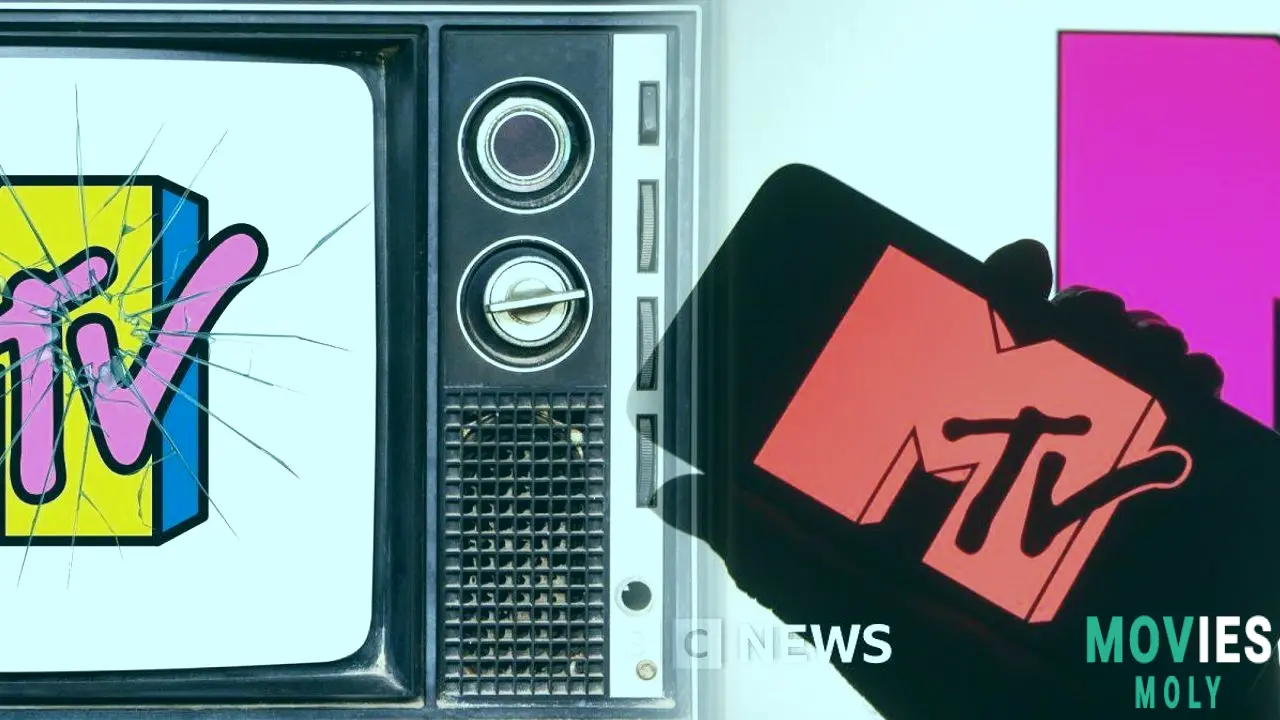
While these specific music channels are being discontinued, the flagship MTV HD channel will remain on air. However, its programming schedule unmistakably illustrates the brand's definitive shift in focus. The lineup is now dominated by reality television and youth-oriented drama series. Shows like Geordie Shore, Catfish, Naked Dating UK, Ex on the Beach, and Teen Mom are staples, with music programming largely absent from this remaining linear channel, a change that largely happened back in 2011 for the main UK channel.
Paramount Global’s strategy is one of evolution, not complete dissolution. The company plans to maintain the brand’s cultural relevance by shifting its focus towards its digital footprint, social media engagement, content for streaming services (like Paramount+), and the production of large-scale global events, such as the annual MTV Video Music Awards (VMAs). The MTV Europe Music Awards (EMAs), though currently on pause following the Skydance merger, are also part of this future plan.
For many, this shutdown is more than a business decision; it’s a symbolic moment. MTV was once a primary force in curating culture, launching countless music careers, and shaping youth identity globally. Its definitive move away from dedicated music television is seen by some as the retirement of that core identity, highlighting the potential erosion of communal music discovery in favor of algorithm-driven, personalized silos.
Voices From the Past: VJs React to the End of an Era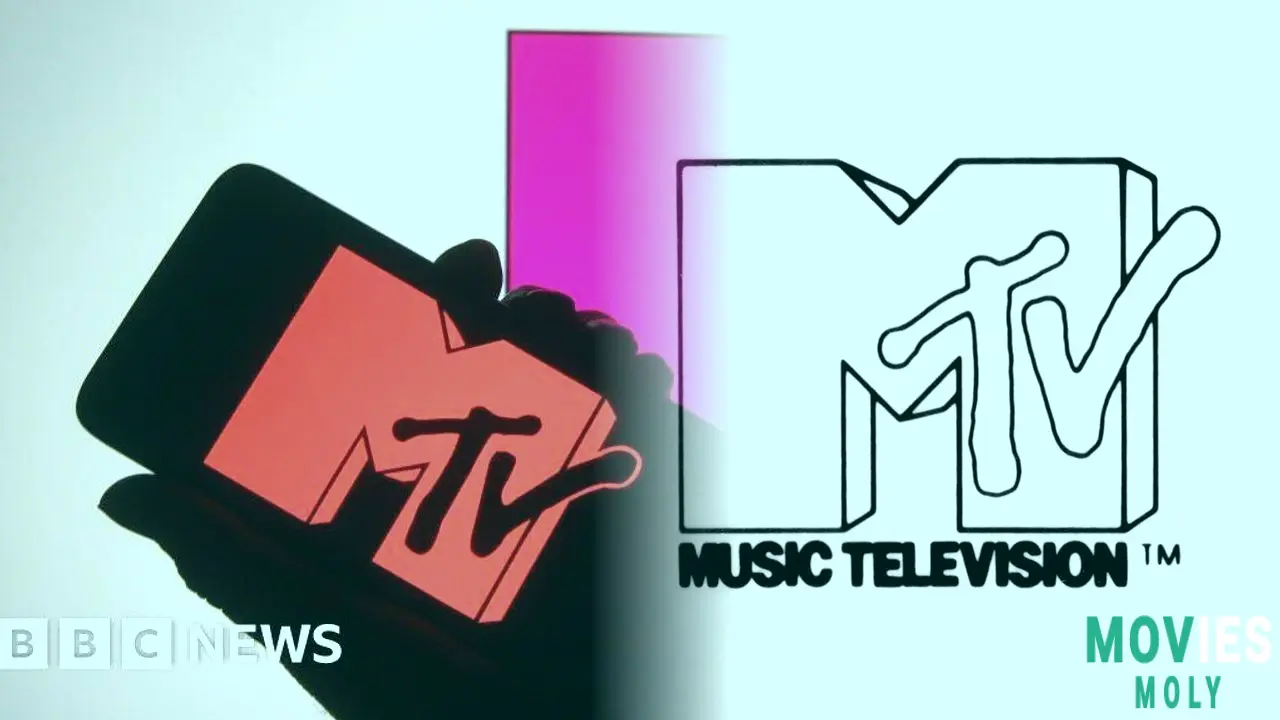
The news has naturally stirred a lot of emotion, especially among those who helped define MTV’s golden age. Former MTV VJ Simone Angel, who worked for both MTV Europe and MTV UK in the 1990s, openly shared her heartbreak with the BBC:
"We need to support these artists and we all need to dance again and listen to music. And I know we do that online in our own little bubbles, but MTV was the place where everything came together. So it really does break my heart. MTV Europe was really the forerunner to the internet. We were the most widespread TV channel in the world at that point. We had between 100 and 150 million viewers."
— Simone Angel, Former MTV VJ (as told to BBC News)
She also joked about the "wild" times, saying, "It was like being on a school trip without any teachers. We had so much fun." However, she laments the shift, noting, "It's not thrown away, but it's just reality TV. That's not what MTV is or should be."
Nikhil Chinapa, a former MTV India VJ, offered a more pragmatic view, acknowledging the inevitability: "It's sad in a nostalgic way but with the adventure of streaming, on-demand tech etc, it was kind of inevitable." He also clarified that the immediate shutdowns do not affect MTV India yet. Fellow Indian VJ Malaika Arora added, "One cannot deny the impact MTV made across decades." Musician Casey Rain echoed a sentiment many fans feel: "MTV was culturally and spiritually dead when it stopped airing music videos. Corporate-led decline of what was once the coolest brand in existence. Sad."
The Future of Music Discovery Isn't on Cable TV AnymoreThe demise of these dedicated music channels is a stark reminder that music videos, while still an art form, no longer serve the same function they once did. In an era dominated by instant digital access, the concept of waiting for a specific video to air on television seems quaint. Artists are now often prioritizing short, catchy snippets for platforms like TikTok over elaborate three-minute films, though some pop stars like Sabrina Carpenter are still pushing the boundaries of the music video as an art form.
While the MTV logo will still flicker on in the US and through digital platforms globally, the international silence of its regional music stations will be deeply felt. The network that once defined "the world’s youth channel" is now stepping back from the very thing that made it iconic: music itself. The golden age of music television, where you waited for a premiere, argued over countdowns, and fell in love with a band because of a video, is officially behind us. MTV didn’t just play the hits; it was the hit. And while the music will live forever online, the era of discovering it through that bold, block-letter logo is nearing its final verse.
FAQ: Your Burning Questions About MTV's Music Channel Closures Which MTV channels are closing down? Paramount Global is shutting down MTV Music, MTV 80s, MTV 90s, Club MTV, and MTV Live. When will the MTV music channels stop broadcasting? These channels are set to cease broadcasting by December 31, 2025, starting with the UK and Ireland, with other regions expected to follow. Will MTV still exist after these closures? Yes, the flagship MTV HD channel will remain on air, although its programming is primarily focused on reality shows and drama. The MTV brand will also continue its presence on digital platforms, social media, and through major global events like the MTV Video Music Awards. Why is Paramount Global shutting down these music channels? The decision is a strategic pivot towards streaming platforms and reality programming, driven by shifting media consumption habits (e.g., rise of YouTube, Spotify, TikTok) and part of a broader cost-cutting initiative following Paramount Global's merger with Skydance Media. Sources- BBC News
- Newsweek
- Dataconomy
- E! News
- Hindustan Times
- Euronews
- The Media Leader
- Varsity






